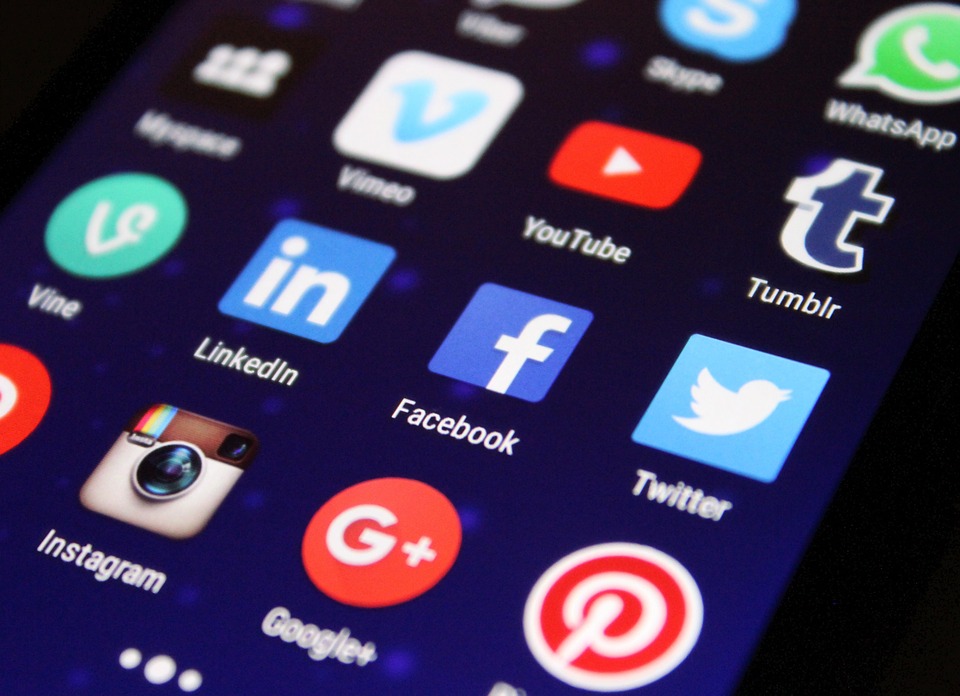How Our Health Impacts Our Lives
It’s important that we take care of our physical and mental conditions to remain at optimum health. In many ways, our health is synonymous to our happiness. We feel our best when our mind and body operate as a coherent unit. Many people understand the importance of taking care of their bodies physically. With all the available articles and information that support the importance of diet, exercise, and everything else to support our physical bodies, it hard to forget these details. There is a lack of attention focused on the mental condition, however. Often, we forget that the brain is a muscle too, and when a muscle is overtrained, it will fatigue.
Sometimes we push our brains to the point of failure, not allowing it enough time to recover. After years of mental strain, this can start to wreak havoc on the brain, leading to serious mental impairments. The harder we push ourselves, the more likely we are to become stressed. In the worst case, the constant build-up of mental strain and stress could lead to a life-altering disability due to damage in certain areas of the brain.
If this ever happens, it is important to seek a professional and not to persist through. Seeking help sooner than later will minimize the risks of sustaining permanent brain damage, and possibly restore the brain to a healthy state. Disability programs offer services for people from many backgrounds to receive the necessary care.
What is the Difference Between SSI and SSDI?
Someone struggling with a mental condition should seek Social Security Disability (SSID) or Supplemental Security Income (SSI) programs. Understanding SSDI vs SSI will help in figuring out which program is the best choice. The primary difference between the two is income; SSDI is available to employees who have met a certain quota over their years of work. SSI is offered to people who have a lower income or are not employed. Furthermore, SSI is strictly need-based.
In order to qualify for SSI, you must prove that you have very limited income. This also means less than $2000 in assets. Most people who qualify for SSI will also qualify for Medicaid and food stamps. Note that SSI should be an alternative to SSDI.
SSDI recipients must be younger than the age of 65. Recipients must also wait a minimum of 5 months before receiving benefits. According to the SSDI policies, recipients are considered insured because of the contributions they have made in their field of service.
What You Can Do to Fight Mental Conditions
Taking care of your mental state is sometimes as simple as listening to your body. It’s good to do productive work, but if your brain is telling you to stop, then it may be time to take a break. Unfortunately, not everyone can afford the luxury of taking a break whenever they feel like it. Therefore it is crucial that you manage your time effectively.
Devote a certain amount of time to each day to unwind and relax. For people who are incredibly busy, this can mean fitting in a quick exercise sometime in the day. The exercises don’t have to be intense either. Mediating first thing the morning and before bed has shown to yield beneficial results for the body. Mediation allows our brain and body to sync together. Through controlled breathing and relaxation, we release a lot of stress. This also gives us a better quality of sleep. The more we practice simple exercises such as mediation, the more opportunities we give our brains to heal.
In addition to exercise, we must learn to make the most of our breaks. We should approach a break in the same way we approach any activity, by planning. When we plan our leisure time, we prioritize the activities we want to do. This makes the break fill more meaningful and enjoyable. In many cases, keeping tracking of a journal or calendar is an efficient way to keep track of the day.
As tempting as it is to get ahead of the competition, we must not do so at the expense of our mental health. Taking well-planned breaks will benefit us in the long run. We can work more efficiently by learning how to rest.





